
New Beginnings: Looking Forward from the 10-year Wellville Project
An open letter to our Wellville communities, partners and friends: On my hike early this morning, I paused for a moment – immersed in stillness,

An open letter to our Wellville communities, partners and friends: On my hike early this morning, I paused for a moment – immersed in stillness,
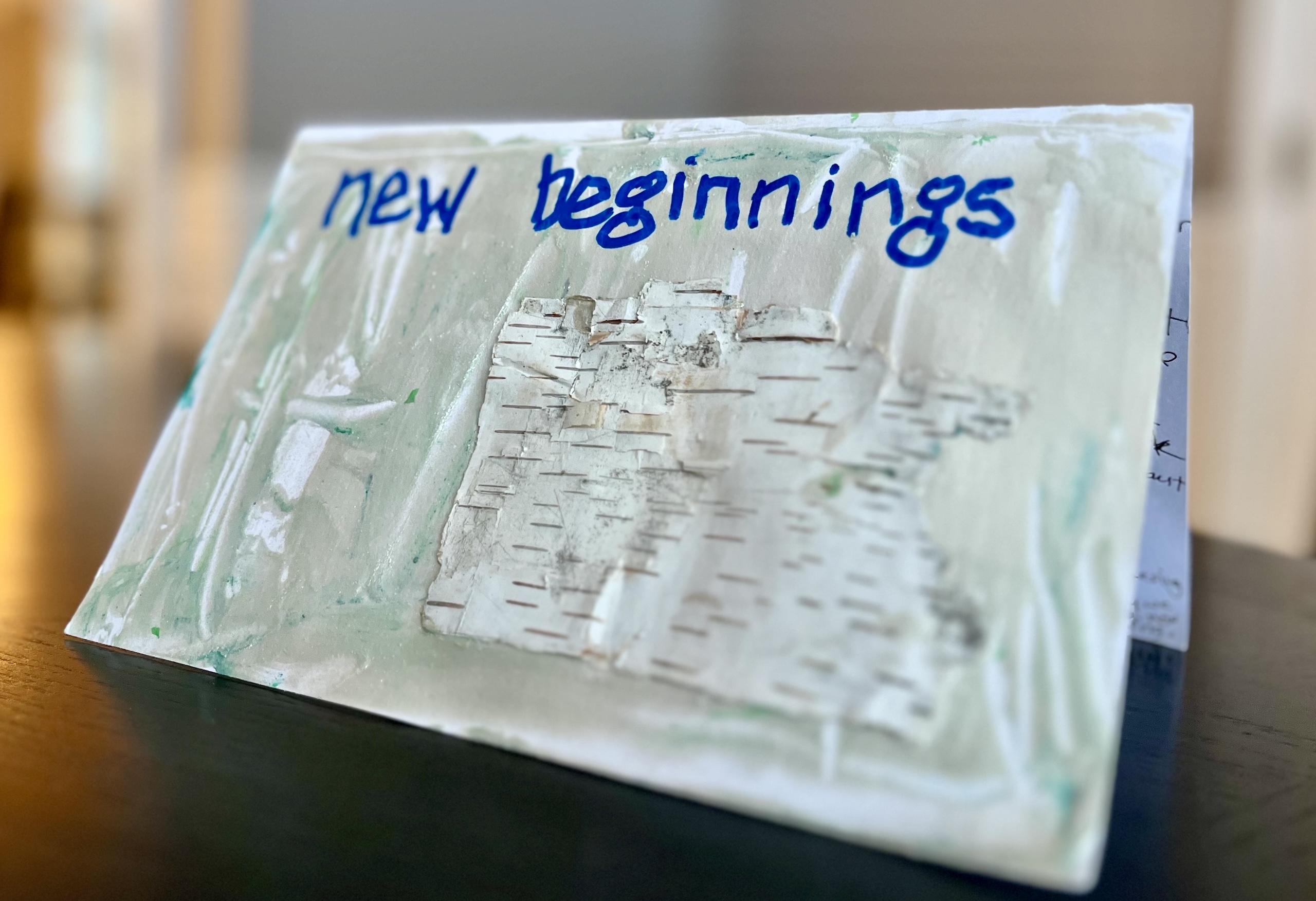
An open letter to our Wellville communities, partners and friends: On my hike early this morning, I paused for a moment – immersed in stillness,
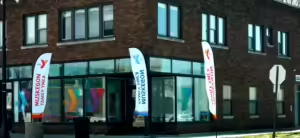
This is the story of how the Muskegon YMCA, long a pillar of the community of Muskegon County, MI, wove itself into a broader supporting fabric, reaching out beyond a physical building to serve community members in the community.

At Wellville, we use our basic quadrant chart not so much to describe ourselves, but to explore the mindset shift we want to foster. Our two axes are “short-term thinking” vs. “long-term thinking,” and “benefits just me” vs. “benefits all,” otherwise called “self-interest” vs. “shared interest.”

Wellville communities are learning that if we want better health, we need to shift our mindsets, collaborate, and ask better questions: What future do we want? What’s holding us back? And what will it take to get there?
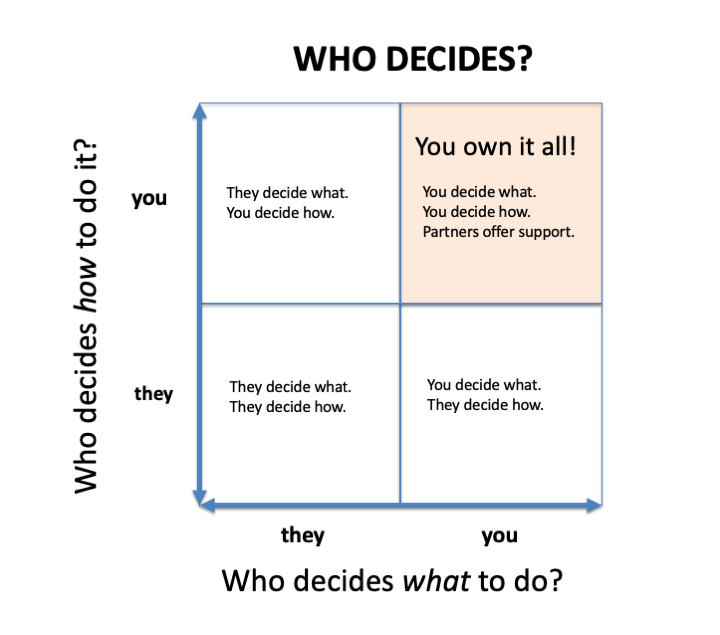
Perhaps the best way to explain Wellville’s unusual role/methods is in a quadrant chart. Let’s call it the “Who decides?” chart. It visualizes how help is offered to communities by outsiders, including Wellville, who either tell you or ask you what to do or how to do it – or both! The “you” is the community members, in all their glory and variety of needs and capacities.
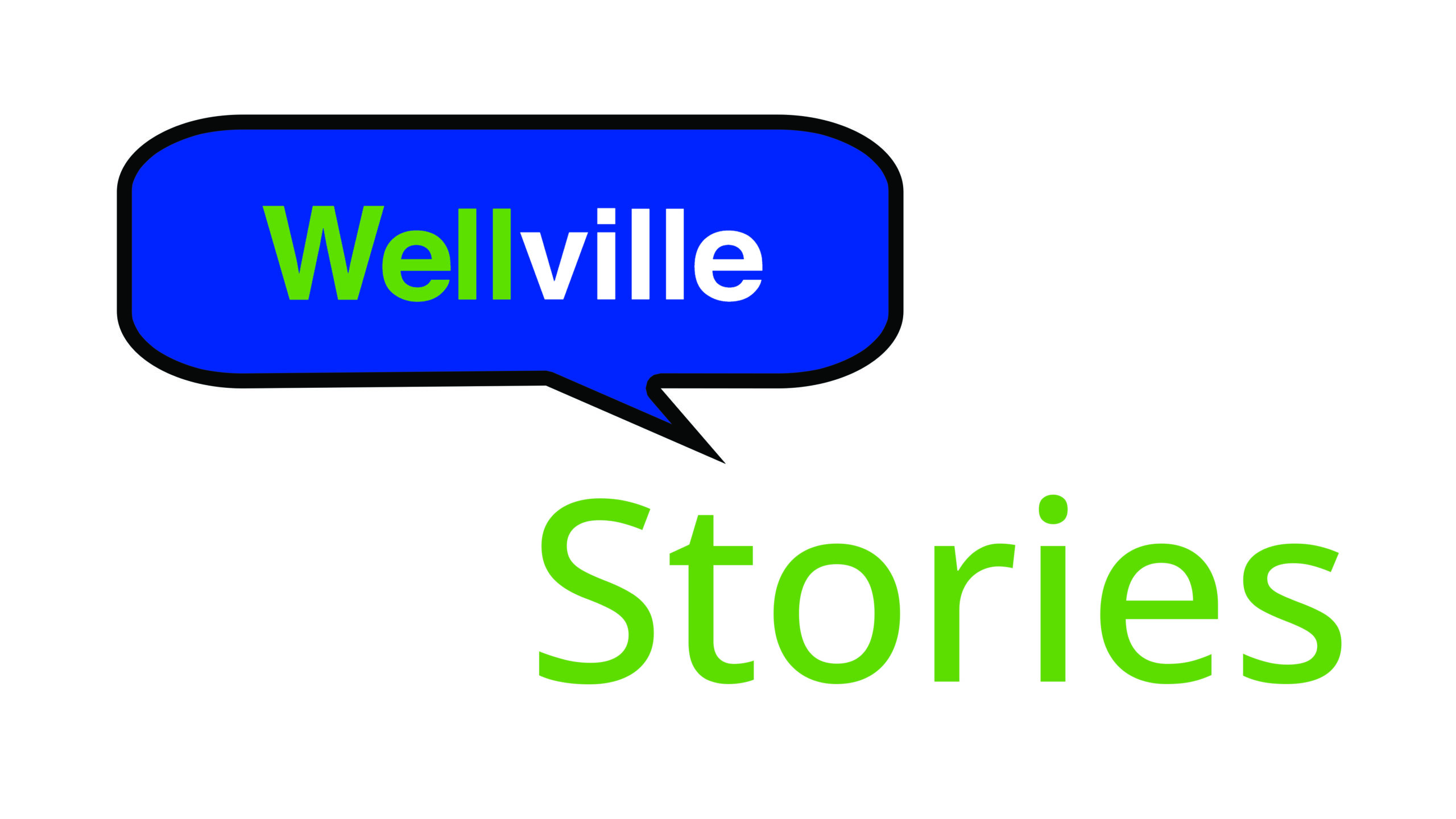
Announcing the launch of Wellville Stories, a video series that shares stories from the Wellville 5 communities.
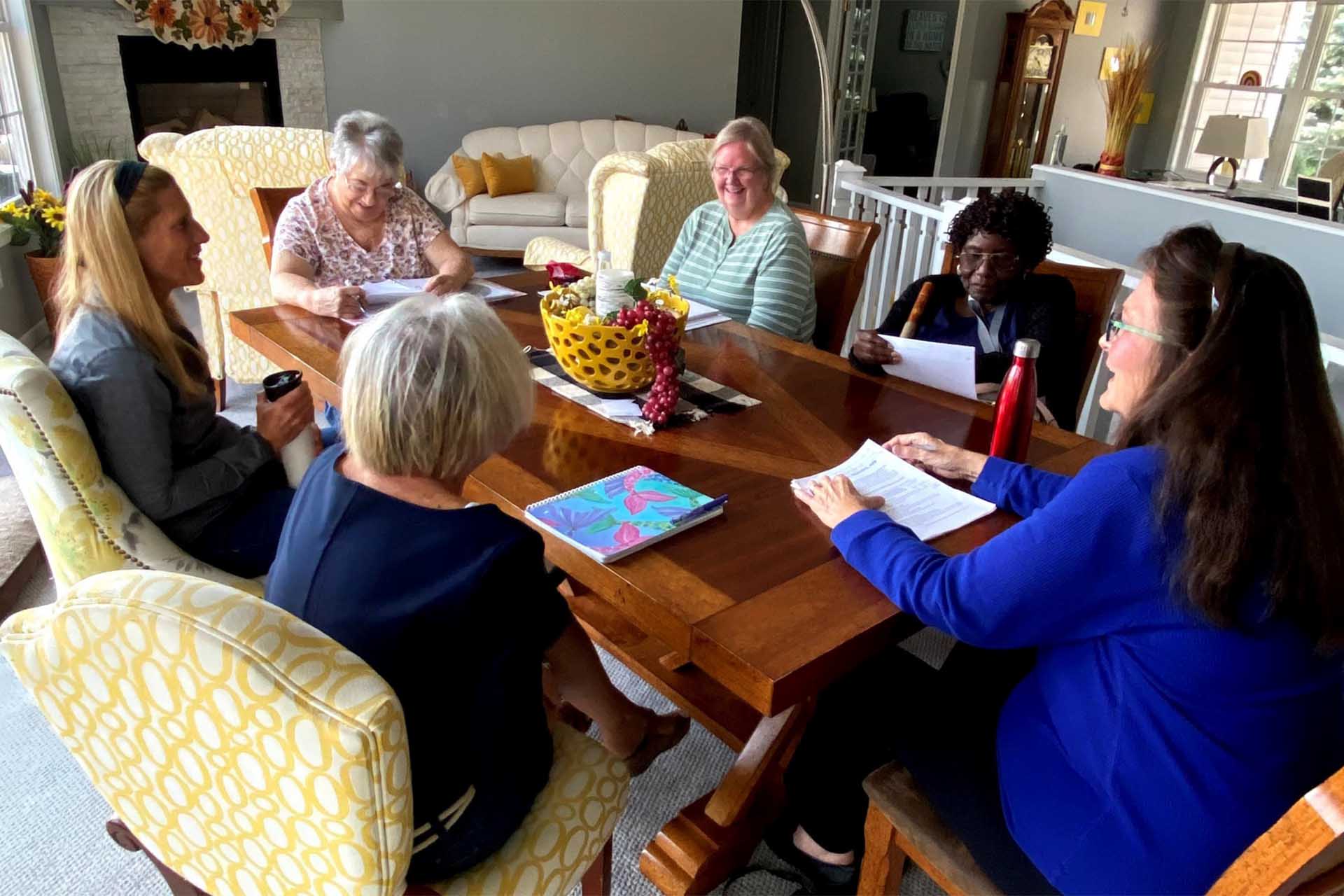
Building on early successes, the Muskegon YMCA continues secure funding to expand access to its diabetes prevention program.
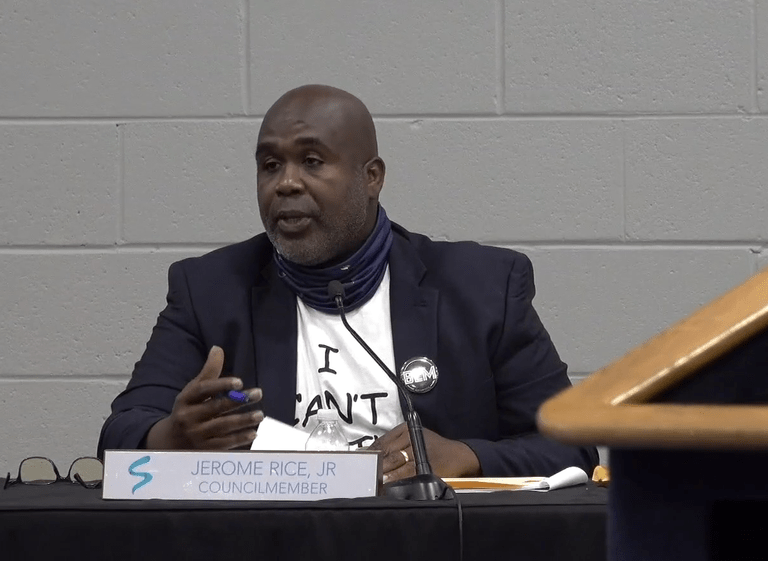
Last Monday the Spartanburg City Council approved unanimously a “Healing, Reconciling and Unity” resolution, acknowledging “the historical antecedents of systemic racism” and apologizing to residents for “racial injustices and long-lasting inequities that have resulted from those policies.” The unprecedented resolution also enumerates specific actions Council members will take, including to “promote racial equity through all policies approved by City Council” and “support community efforts to amplify concerns about racist policies and practices.”

The Hartford City Council passed the CROWN Act, which prohibits the denial of employment and educational opportunities because of hair texture or protective hairstyles including braids, locks, twists or bantu knots. The bill was introduced to the Council by students in Advocacy to Legacy, a nonprofit organization that teaches individuals and communities how to advocate for themselves.

There is so much in our hearts and minds following these tumultuous past few months and intense past few days. This is a moment to consider the causes of the consequences that are now on full display. It’s time to call out what led to such health disparities and what will it take to improve outcomes for all.
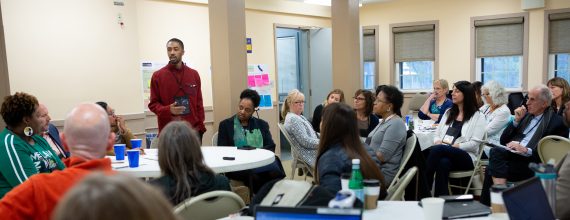
When Covid-19 hit the US, we asked ourselves: Now that everyone is just trying to stay alive and save jobs, is Wellville just a distraction? We can’t just preach about the long term and what people want to achieve by the end of the Wellville project while they are busy responding to the short term. Instead, we tried a different question: How can we build a better long-term future even as we address current needs?
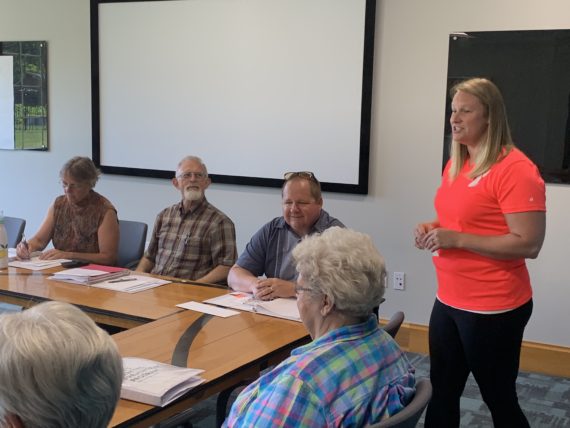
The Muskegon YMCA-run Diabetes Prevention Program (DPP) got a big boost earlier this summer, when the program earned Full CDC Recognition – a prerequisite for billing Medicare.

Officials with the Substance Abuse and Mental Health Services Administration traveled to Muskegon at the end of August to review the progress of MYalliance System of Care (SOC), a collaboration between youth, families, schools, and other child-serving agencies to better serve youth with complex needs and their families. The SAMHSA evaluators were inspired by “visionary leadership across agencies and youth and families” and said their experience in Muskegon was “not their usual site visit.”
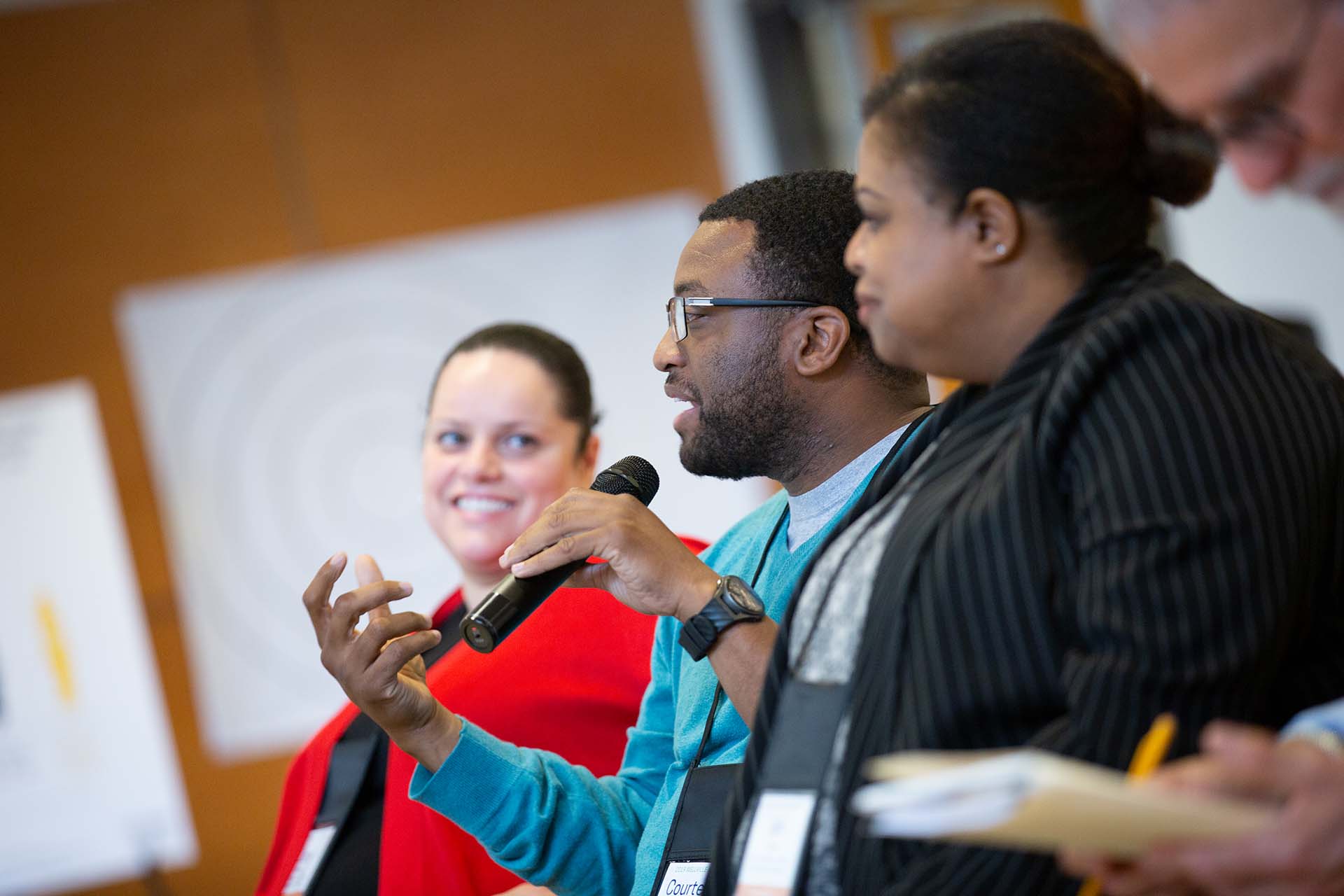
A this year’s Wellville Gathering, teams from the Wellville 5 communities explored what it will take to shift long-term thinking and action among institutions, people and systems.
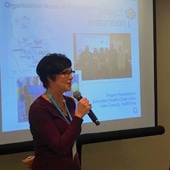
Hope Rising executive director Shelly Trumbo presented Project Restoration at last week’s “Putting Care at the Center 2018” conference.

Kathy Dunleavy reflects on Wellville and the future of philanthropy: “Our tagline is ‘Be Bold. Be Brave. Be Well.’ When I think about Wellville in the context of philanthropy, [Wellville founder] Esther [Dyson] was extremely bold and brave. I hope this is just the beginning of a new type of philanthropy.”

The theme of the 2018 Wellville Gathering was to ask a simple question: What story do we want to tell at the end of the 10-year Wellville project, on December 31, 2024? Each Wellville community answered this question.

As we dig into our plans for 2018, it’s worth taking a look back to the community health achievements for each Wellville community. Here’s the 2017 Year in Review for Lake County, CA.

As we dig into our plans for 2018, it’s worth taking a look back to the community health achievements for each Wellville community. Here’s the 2017 Year in Review for Spartanburg, SC.

As we dig into our plans for 2018, it’s worth taking a look back to the community health achievements for each Wellville community. Here’s the 2017 Year in Review for North Hartford.
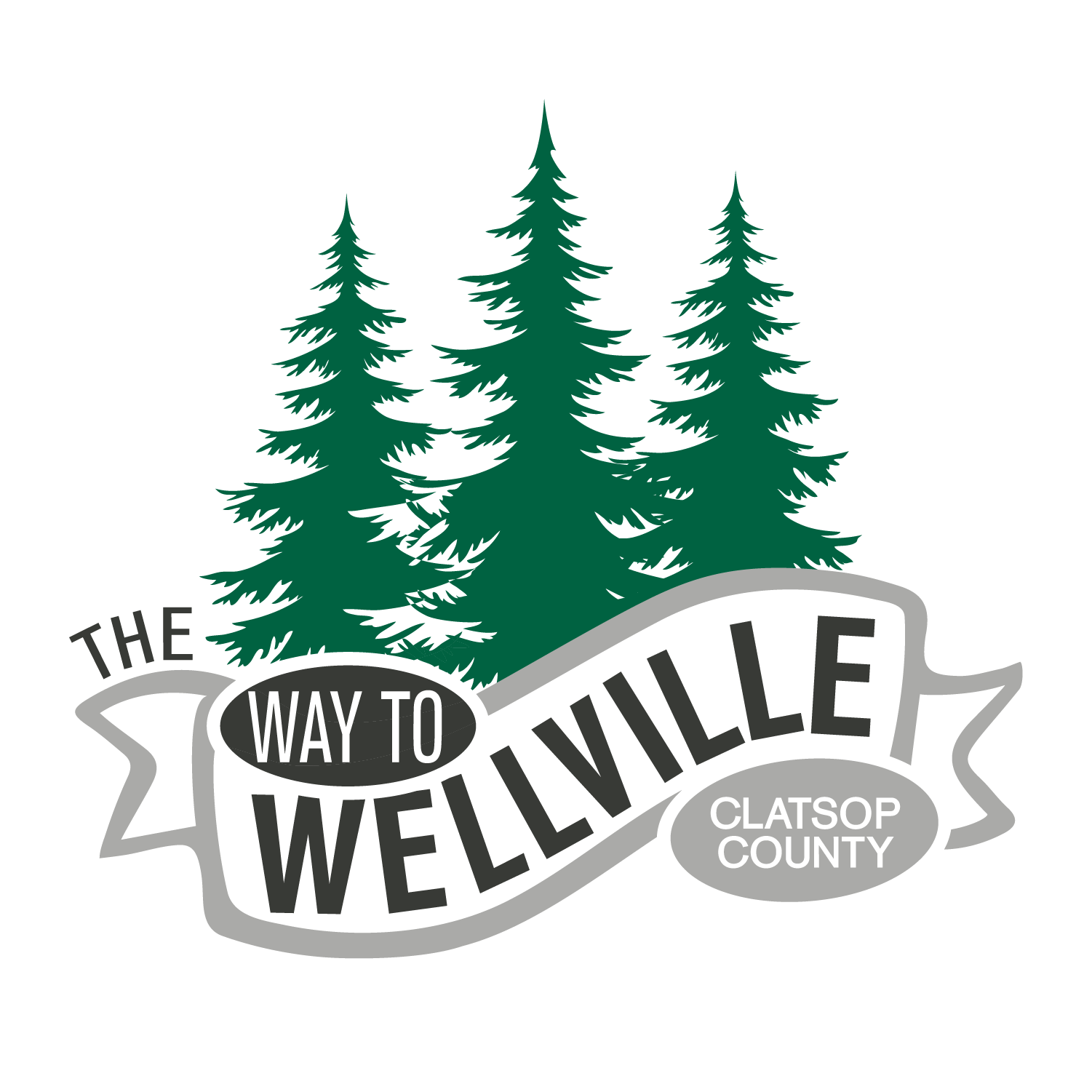
As we dig into our plans for 2018, it’s worth taking a look back to our community health achievements in 2017. Here’s the 2017 Year in Review for Clatsop County.

As “investors” who selected and then made a 10-year commitment of time and support to five communities and their local health collaboratives, we’re betting on the long game: the ongoing creation of value as teams endure the inevitable twists and turns—and make the most of opportunities—along the way to Wellville.

And because businesses stand to gain they’re uniquely positioned to take steps to reduce it.
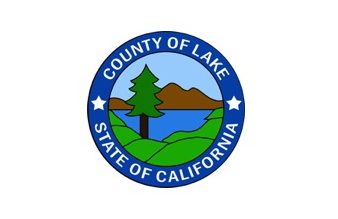

What happens when we ask for updates might reveal opportunities for deepening our relationships.

Esther Dyson offers a progress update on some of what’s being learned on the Way to Wellville.


Recognizing the importance and effectiveness of trauma-informed care.

Marketing in health tech is about changing consumers to users, says Esther Dyson.

Here’s a great example of neighborhood engagement from one neighborhood in Spartanburg, SC.

A post from Esther Dyson on how lessons learned from the early days of tech can help make health improvement programs more effective.


What we save in treatment is the return on investments in health, Esther Dyson writes in Politico.

Watch Esther Dyson on a panel discussing what kind of innovation — in thinking and doing — is needed to transform health.

The Robert Wood Johnson Foundation is sponsoring a team to take a unusual approach to dealing with health equity. And Wellville is represented.

Before we get too far into 2017, let’s look back at 2016 in Wellville.

A podcast featuring Wellville CEO Rick Brush.

The award from the Department of Education is to develop a pay-for-success program for high-quality early childhood education.

When is problem-solving the same kind of thinking that gave rise to the problem?

Plans that don’t accommodate the innate unpredictability of the “human factor” are bedeviled by it.


Just because wellness savings are hard to measure doesn’t mean wellness programs aren’t being implemented.
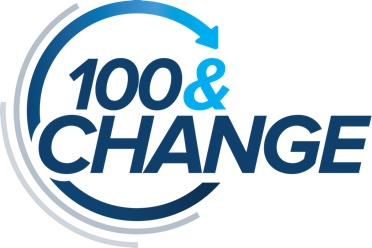
In the final installment of our application to the MacArthur Foundation’s 100&Change grant competition, we describe the kind of partners necessary to do our work, our approach to human subjects research, and tell the origin story of our team.

Here’s how we described our tactics and the technology we’ll deploy, and our timeline for doing so, if we win the MacArthur Foundation’s 100&Change competition. This is the third installment of our application for this major grant opportunity.

In the second installment of our application, read our problem statement and our description of the solution needed to address what we’re calling “Global Sickening.”

What we hope to gain from the opportunity even if we don’t win the competition.

With our new community we’re doing things a little differently: joining efforts with the New York-based non-profit Community Solutions to achieve its “Neighborhood Triple Aim.”

We’re learning how progress can be a winding road. Outcomes are important, but it’s what’s learned along the way that’s most valuable.

Almost two years into the journey, our original plan changes. And that’s a good thing because it means we’re learning as we go.
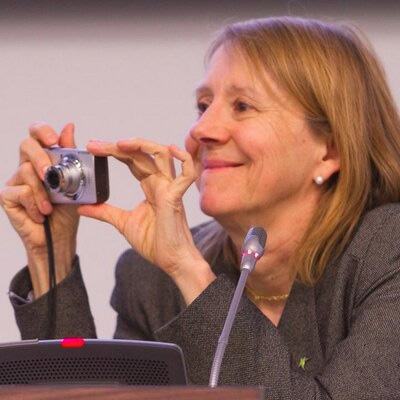
With so many programs available, why is improving community health so hard?

Three markets are driving health, says Esther Dyson. And stemming what she calls “global sickening” means growing the one that cultivates good health.

An invitation to speak at an event becomes an opportunity to think more about what Wellville does.

Highlights from the Wellville 5 — plenty of reasons to think 2016 will be even better!
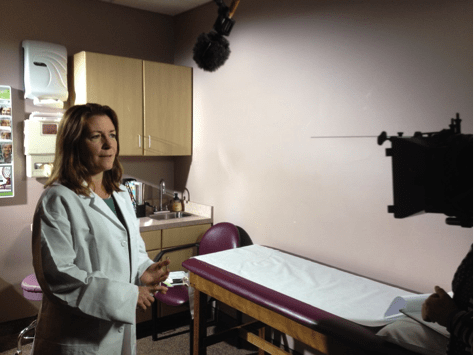
A new collective impact initiative in Muskegon County will work tirelessly, creatively, and collectively toward achieving its vision of being the healthiest county in Michigan by 2021.
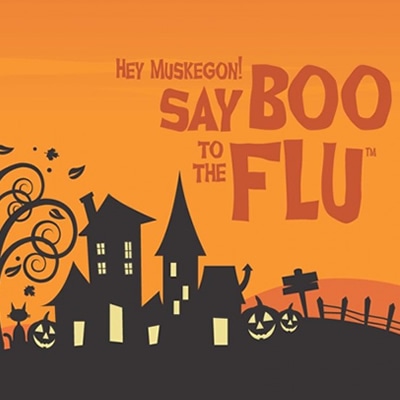
All across the country flu-shot season is coming to a close, while flu season itself is just starting, heading to traditional peak in February.

The Wellville community of Lake County, California has been hit by devastating fires. We’ve heard personal stories about the tragic loss of homes, possessions and pets by some of the local Wellville team members.

Changing communities means pushing for scale, not tentative pilots, writes HICCup founder Esther Dyson.

A visit to Wellville communities revealed efforts on social determinants of health, pay-for-success financing strategies, and early childhood development.

PFS and other financing strategies align capital with outcomes.
| Cookie | Duration | Description |
|---|---|---|
| cookielawinfo-checkbox-analytics | 11 months | This cookie is set by GDPR Cookie Consent plugin. The cookie is used to store the user consent for the cookies in the category "Analytics". |
| cookielawinfo-checkbox-functional | 11 months | The cookie is set by GDPR cookie consent to record the user consent for the cookies in the category "Functional". |
| cookielawinfo-checkbox-necessary | 11 months | This cookie is set by GDPR Cookie Consent plugin. The cookies is used to store the user consent for the cookies in the category "Necessary". |
| cookielawinfo-checkbox-others | 11 months | This cookie is set by GDPR Cookie Consent plugin. The cookie is used to store the user consent for the cookies in the category "Other. |
| cookielawinfo-checkbox-performance | 11 months | This cookie is set by GDPR Cookie Consent plugin. The cookie is used to store the user consent for the cookies in the category "Performance". |
| viewed_cookie_policy | 11 months | The cookie is set by the GDPR Cookie Consent plugin and is used to store whether or not user has consented to the use of cookies. It does not store any personal data. |